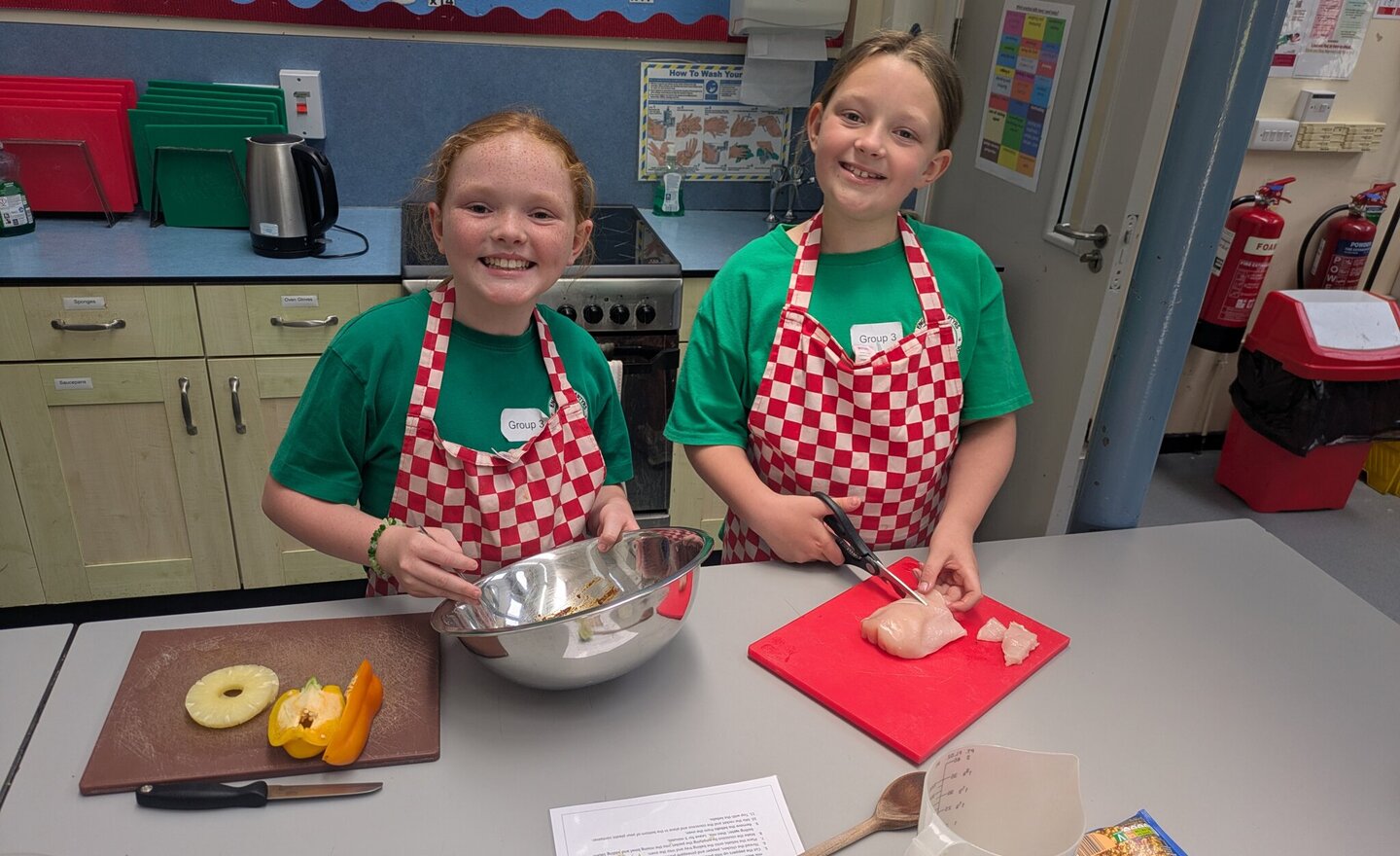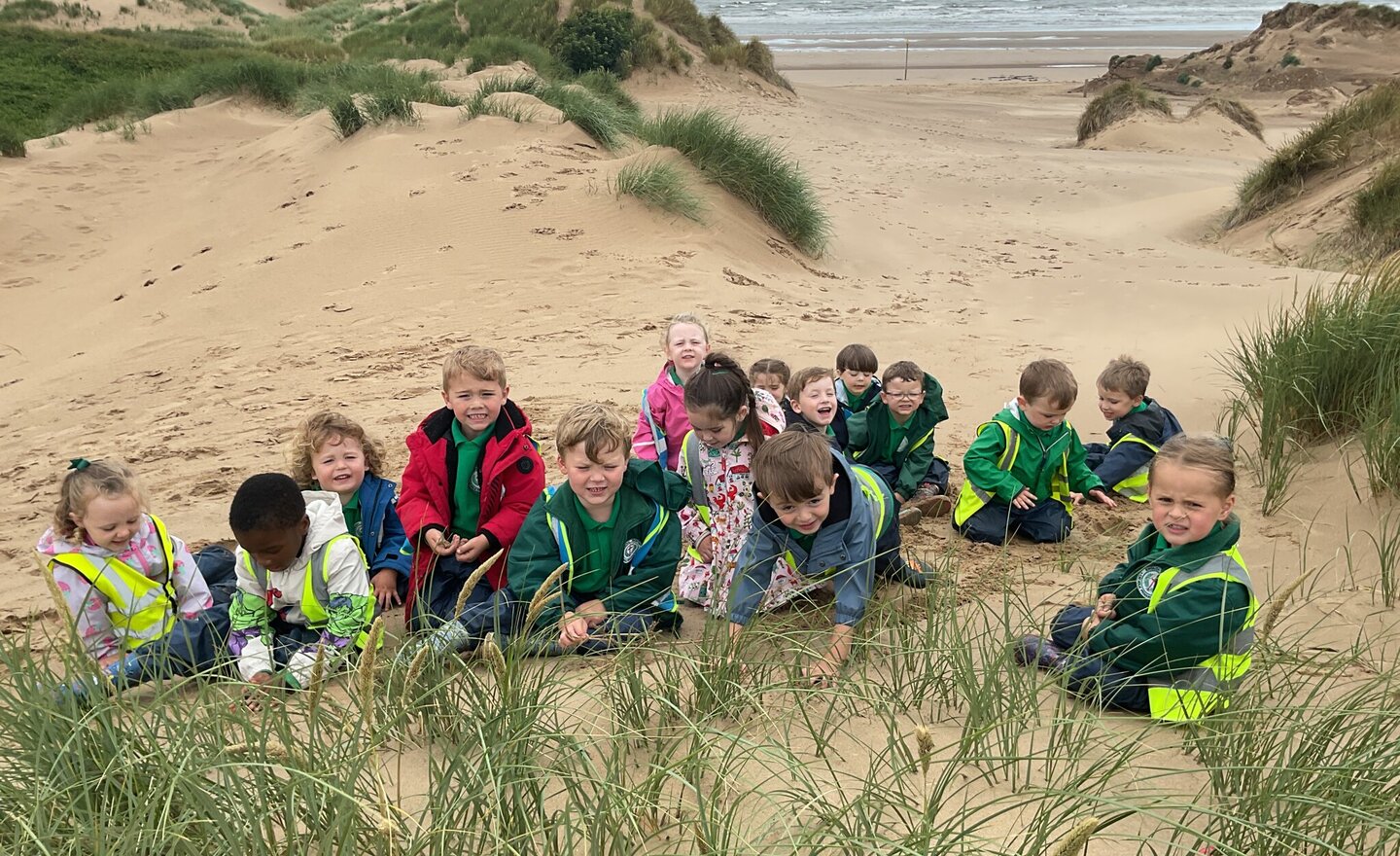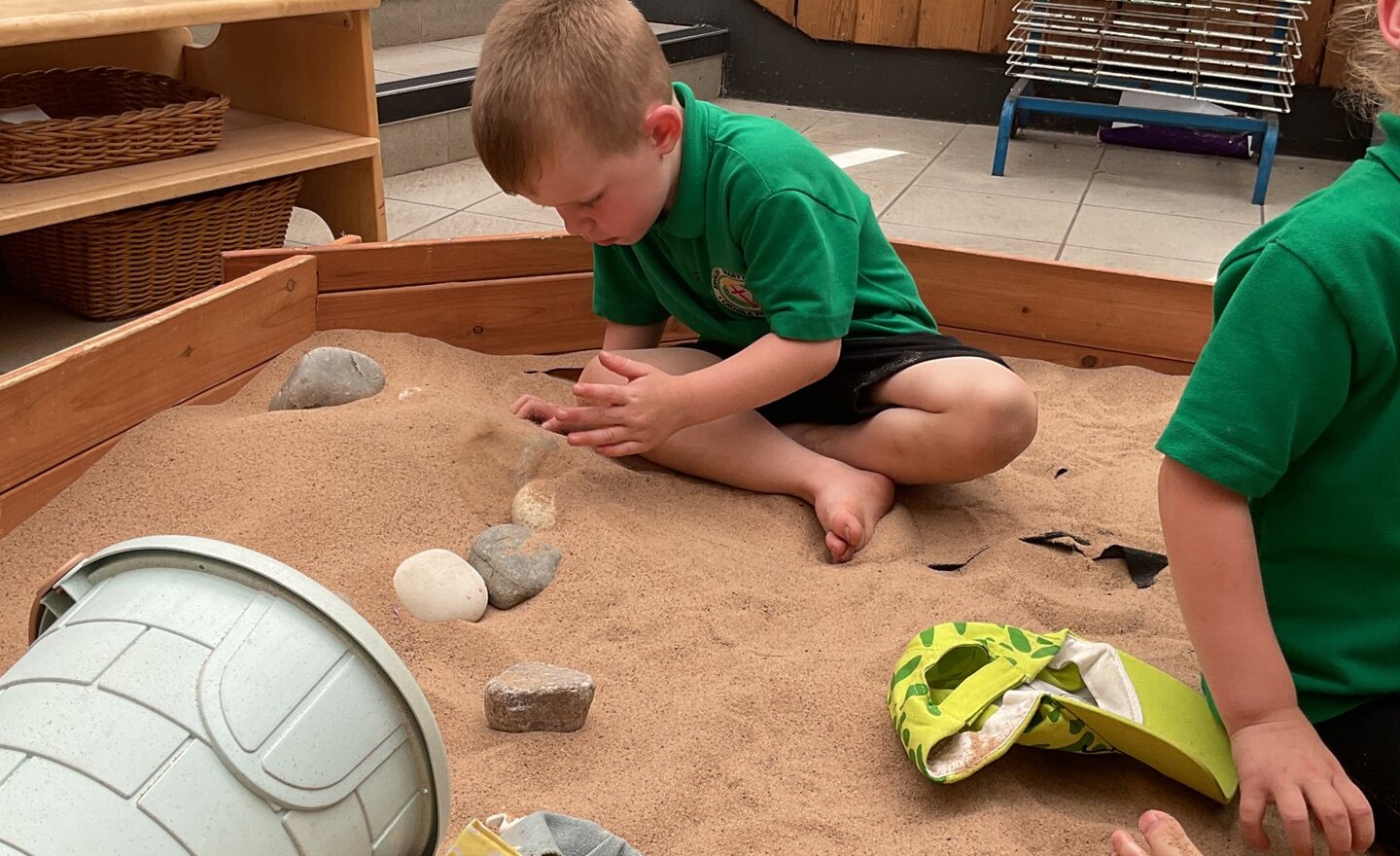“The only way to learn mathematics is to do mathematics.”
- Paul Halman
Our Goal
At English Martyrs, we want our students to love maths! We aim to help them become problem solvers, thinkers, and future professionals like business owners and analysts. We teach maths in a way that supports our core values: spirituality, curiosity, emotional well-being, and resilience. We want children to see the importance of maths in everyday life and remember their maths lessons fondly.
How We Teach Maths
We follow the National Curriculum and Early Years Foundation Stage framework to plan our maths lessons. We use White Rose Maths and Master the Curriculum materials to ensure all students, including those from disadvantaged backgrounds and those with special educational needs, make good progress. Our lessons are designed to fill any gaps in knowledge, particularly those caused by the pandemic.
We focus on helping children:
- Become fluent in maths fundamentals through practice and problem-solving.
- Develop a deep understanding of concepts to recall and apply knowledge accurately.
- Use mathematical language to reason, explain, and justify their thinking.
Our curriculum encourages curiosity and a love of learning, helping children become independent and resilient learners.
How We Implement Our Maths Curriculum
Our maths curriculum builds on previous learning and covers all key stages. We use:
- White Rose Maths for Key Stage 1 and 2.
- Master the Curriculum for the Early Years Foundation Stage.
Children practise recalling facts, developing number sense, and applying their skills in various contexts, like converting units of measurement. Daily ‘Spaced Practice’ sessions help secure their fluency skills.
We teach children to reason mathematically through challenges like "odd one out" and "true or false" questions. We encourage them to explain their thinking using different methods, such as words, symbols, and visual aids.
Problem-solving is a key part of our lessons. Children tackle various types of problems, from word problems to logic puzzles. We use concrete tools like Numicon and Base 10 to help them understand abstract concepts.
Maths Outside the Classroom
We integrate maths into other subjects and everyday activities, linking concepts to real-life situations, like timelines in history or measurements in science.
Measuring Success
We regularly assess students using both formative and summative methods. These assessments inform our planning and help us support all students, including high achievers. We measure the impact of our teaching through:
- Pupil interviews
- Termly reports
- Standardised tests
- SATs results
- Early Years Foundation Stage data
What You’ll See
At English Martyrs, you’ll see engaged and confident children who enjoy maths. They use a variety of tools and methods to understand concepts, and their progress is closely monitored to ensure they are always moving forward. Our students are mathematicians!
Related Blog Posts
Holy Family High School Taster Day
Year 5 spent the day attending a taster day at Holy Family High School.
They took part in a range of lessons: Mathematics, P.E and Cooking.
The children had a brilliant time and enjoyed the experience of what a day might look like at secondary school.
A special thanks to all the staff and…
Nursery A went to the beach today!
Today we visited Formby Beach and Pinewoods. We linked our visit to the book The See Saw by Tom Percival. The children had a little picnic and time to play in the sand. We spent time walking, talking, climbing, digging, rolling, laughing and singing! There were some very sleepy children on the…
Water between our fingers and sand between our toes!
This week’s warm weather has called for a variety of sand and water play in nursery. The children have enjoyed exchanging wellies for bare feet in the sand and have explored pouring, funnelling and spooning water both in indoor and outdoor water play. The children have been cooperating in much…
.jpg)
.jpg)
.jpg)
.jpg)


